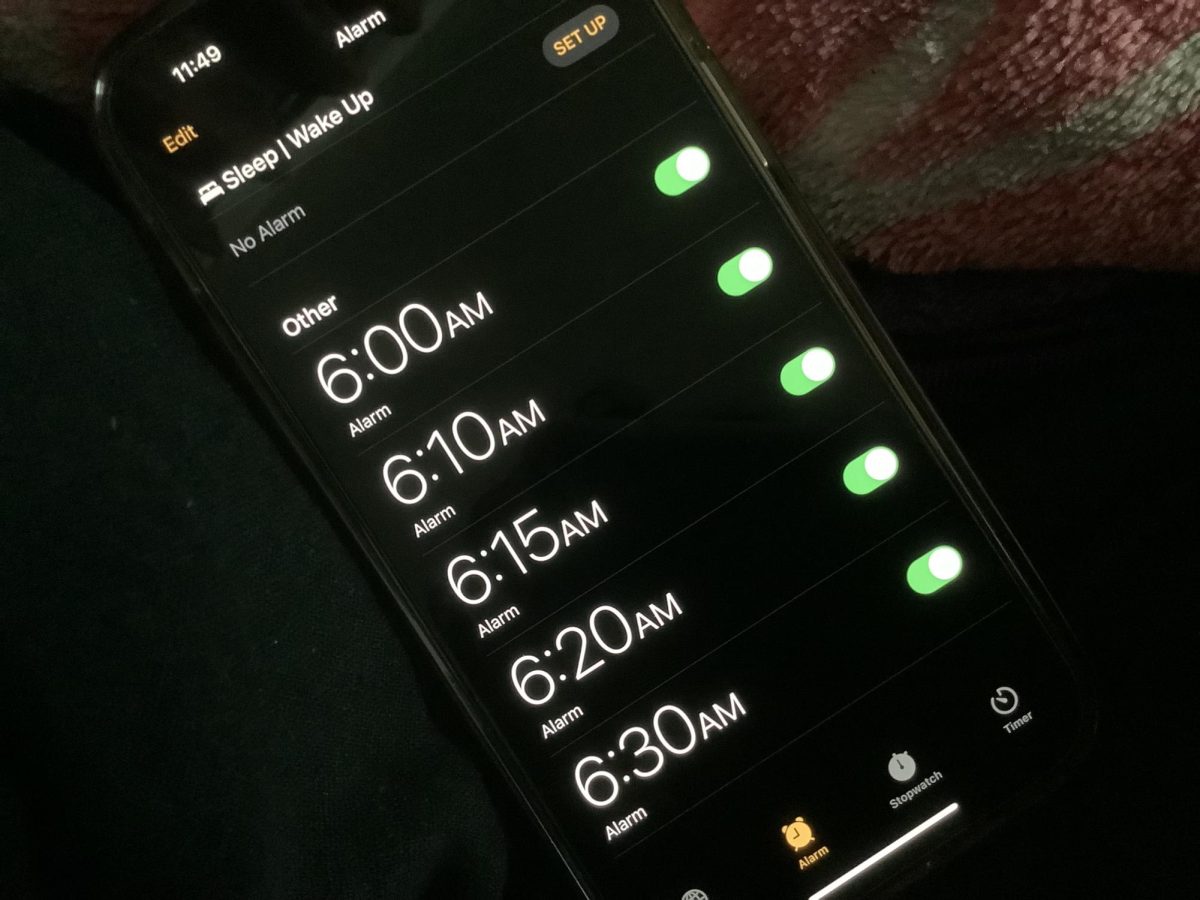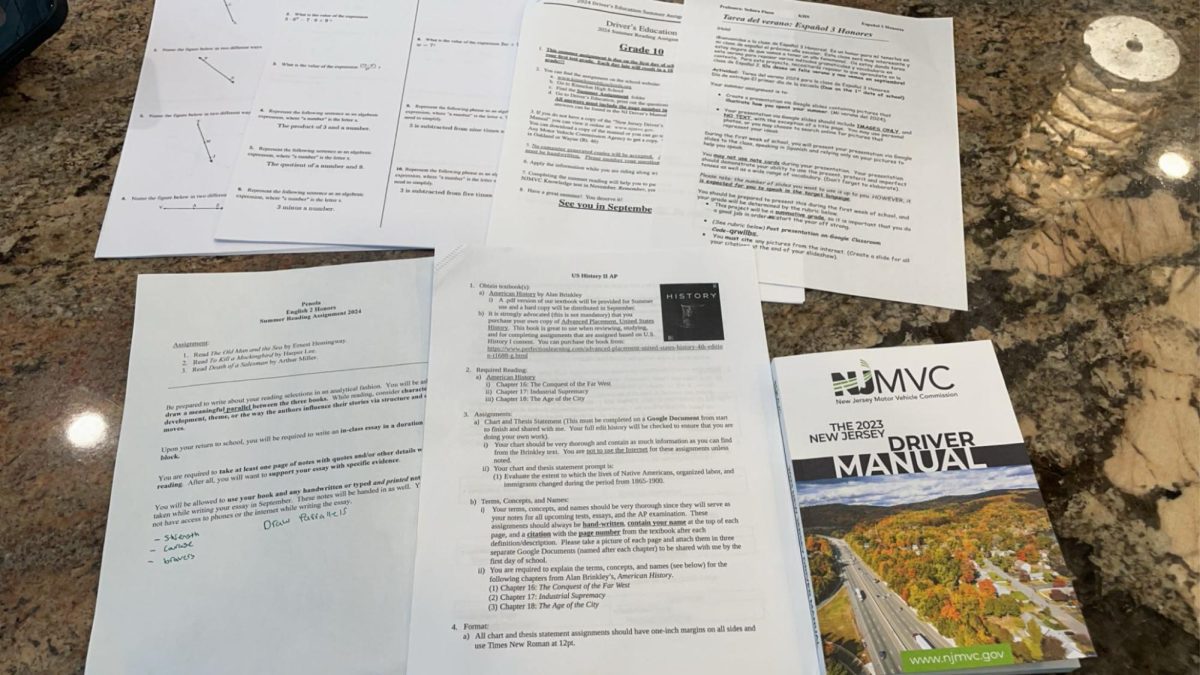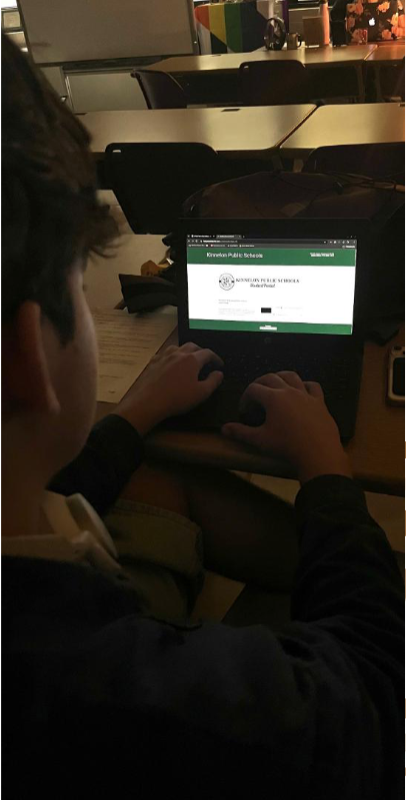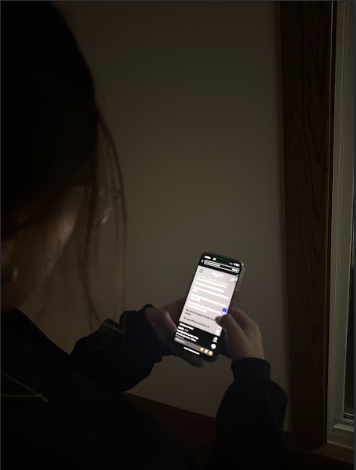Adviser’s Note: The views, thoughts, and opinions expressed in this opinion article belong solely to the author and do not reflect the view of The Colt Chronicle Staff, Kinnelon High School, or its students and staff members.
As we all know, schools across the country have students that are continuously and visibly struggling to keep up with the combination of work, sports, clubs and other extracurricular activities and this has officials reconsidering things like homework, how long the year/school week is but most importantly they’re thinking about changing the school start time.
According to the National Education Association, schools in the United States have been continuously struggling with “the academic and mental wellness” of their students. Many experts can agree that this is a problem that many students around the country deal with and along with that teachers, friends and family can also agree that school should start later.
The most important thing to understand though is that there are multiple problems resulting from starting school early. including, mental health, grades, lack of sleep etc.
Anayat Durrani, a contributor for U.S. News & World Report, is a writer who advocates for international and U.S. students’ mental health and speaks about the benefits of school starting later. She says, “Experts say adolescents are biologically wired to stay up later than younger kids, and having to get up early for school contributes to them being chronically short on sleep. But delaying school start times can help.”
For many students (especially student athletes) it may seem like there just aren’t enough hours in the day to deal with sports, homework, school, and then having enough time to sleep on top of that.
Experts say that on average 42% of schools start before 8 a.m. and this early start time is what causes problems for students and even some teachers. The American Academy of Pediatrics has said that insufficient sleep in teenagers is getting so bad that it is becoming a public health issue and that no highschool (or middle school) in America should start before 8:30 a.m.
However with the benefits of school starting later there are also some negatives. People are worried about what would happen to after school activities such as sports, clubs, extra help, etc. and what parents who drop off their students in the morning would have to do about work. Listening to these potential problems is something that also has to be kept in mind when deciding what to do about the start time of school before making the change.
Adriana Aguilar, a parent of two, told the San Diego Tribune, “This new time may benefit teenagers, but it does not accommodate the lifestyles of single-parent families, families with multiple children who attend different schools, and families where both parents work.”
It is important for parents and educators to understand that yes, this might affect the schedules of sports and other extracurricular activities along with the times parents arrive and leave work; but until the problem is fixed many students will continue to come into school unfocused and not ready for the day until around 9 a.m. but a later start time doesn’t have to affect parents that much. Many students have the privilege of having a bus to take them to and from school everyday so for the parents that do drive their kids everyday the simple solution to this is putting them on the bus.
Research shows that there are no effects on earlier start times to elementary students over middle and high school students. This could mean that instead of completely pushing everything back schools could just flip what age groups go in at what times. This also might make it easier for parents of younger kids to drive their kids to school if they’re starting work around the same time their kid is starting school.
Especially with middle and high schools encouraging kids to get there on time this would improve tardiness. While tardiness might not be a big problem for some students, it’s definitely a problem for older students who are juggling school and sports (or clubs) at the same time and just need more time to rest. Considering that the teenage brain is not fully awake and engaged until 9 or 10 a.m. This would not only decrease tardiness but it would also increase scores in classes and testing. Tim Walker, a writer for the NEA (National Education Association), said “Among students whose start times were delayed, final grades were 4.5 percent higher, compared with students who took the class when school started earlier.” Once more proof of improved grades, less tardiness, and rising graduation rates comes out, then the public will truly start to notice that school needs to start at a later time if parents and teachers really want their students to succeed.
Lisa Lewis, a journalist and the author of “The Sleep Deprived Teen” says, “There are resulting improvements across the board: grades improve, attendance goes up and graduation rates go up fairly significantly.”









